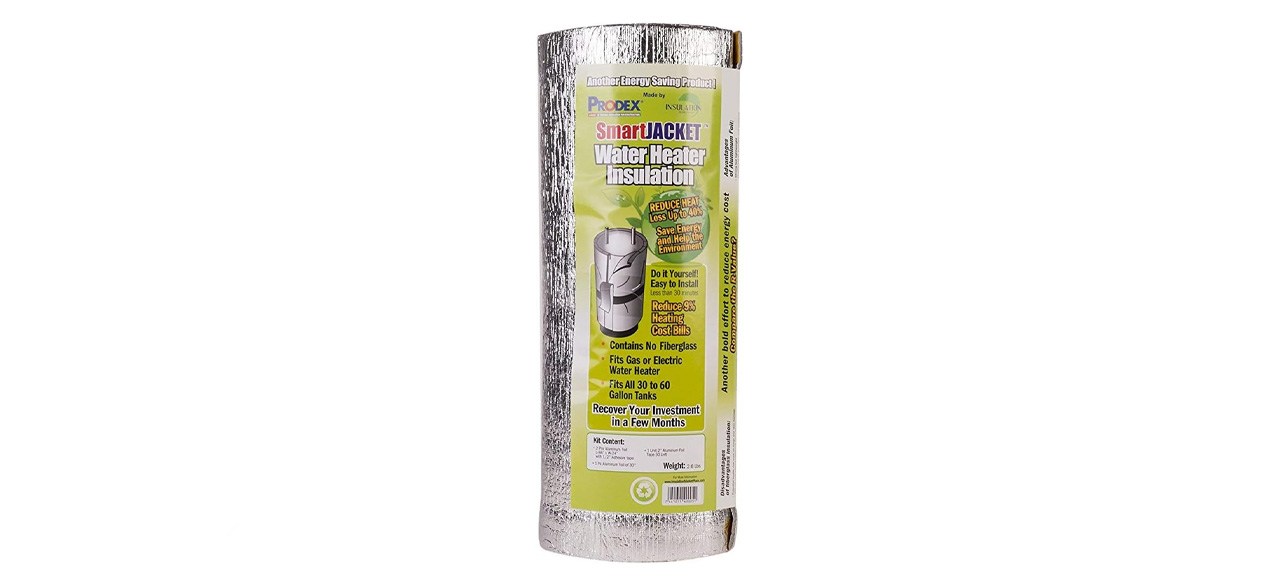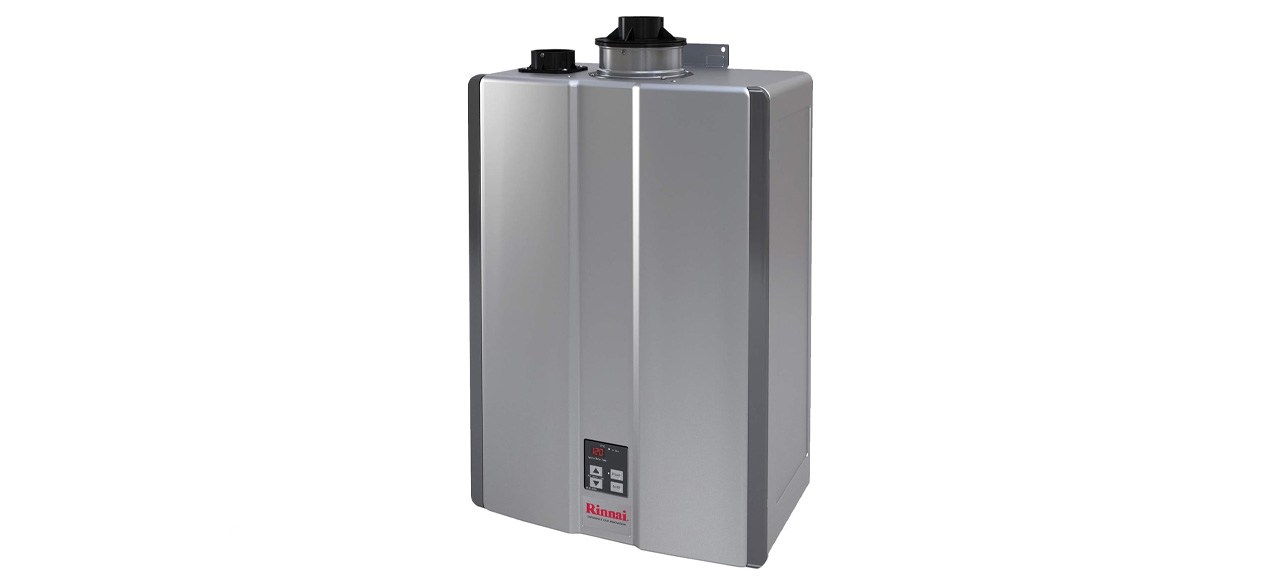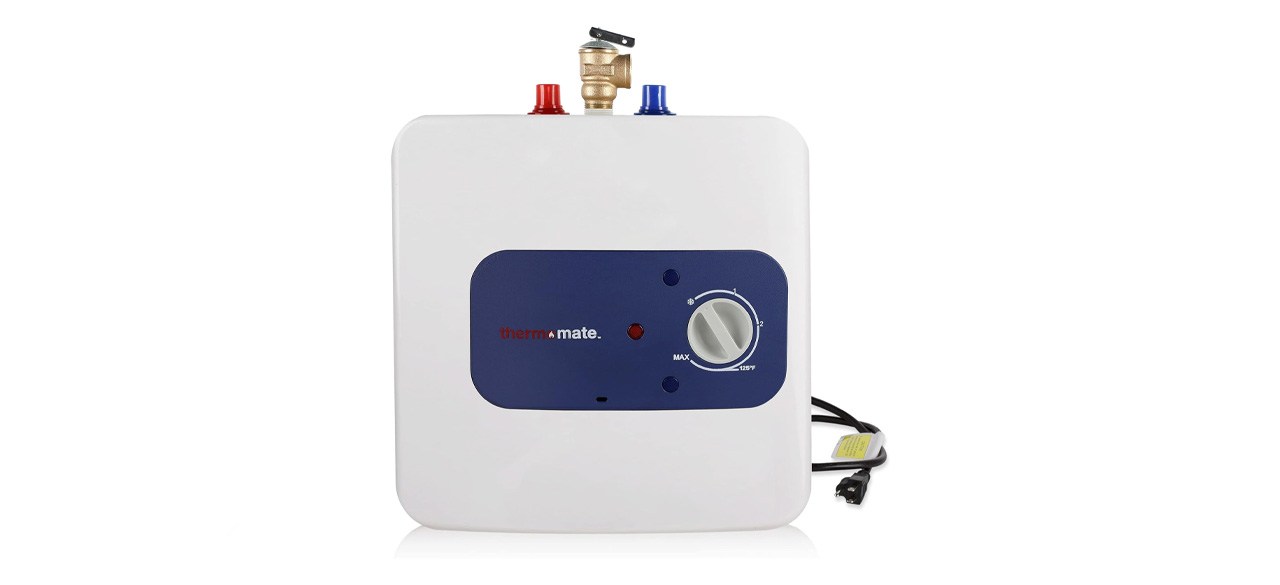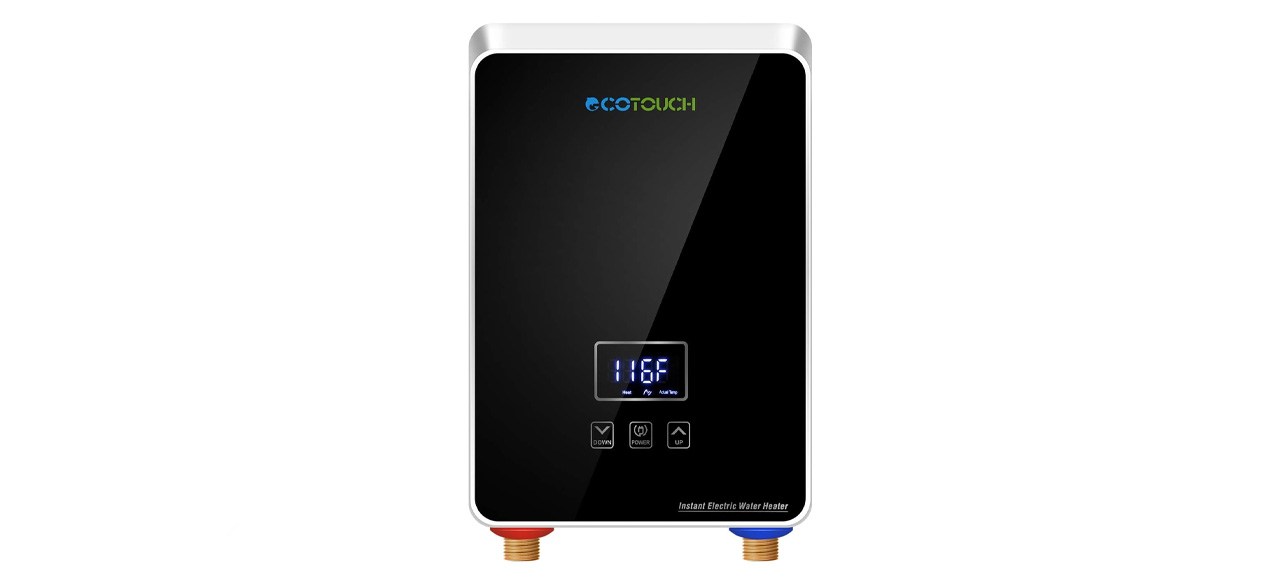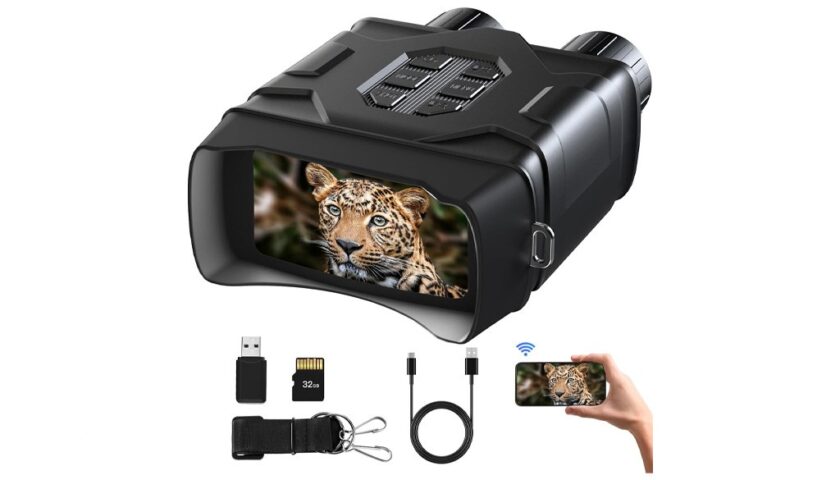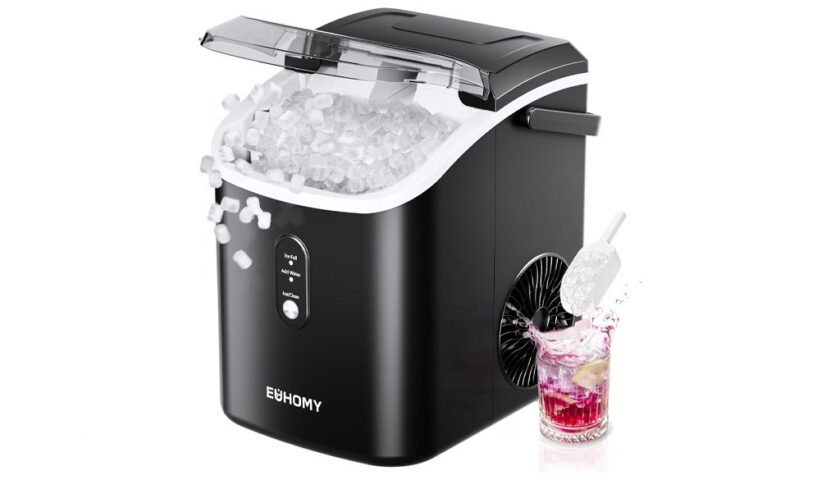Which water heater is best?
Most people want three things from a water heater. First, that it provides all the hot water you need, when you need it. Second, that it does so efficiently. And third, that it does so safely, without fear of leaks or spills.
If you’re looking for a durable water heater that can service your entire home, take a look at the Rinnai RU199iP Condensing Tankless Hot Water Heater.
What to know before you buy a water heater
The U.S. Department of Energy says the average household uses 64 gallons of water a day. This translates into an average cost of $400-$600 for home water heating each year.
Types of water heaters
Most water heaters can be powered by gas or electricity. Some have tanks that store hot water, while tankless heaters heat the water only when you need it and only at the source. Heat-pump water heaters, also called hybrids, work like refrigerators in reverse.
Storage water heaters
- Power source: Electricity, fuel oil, propane, and natural gas.
- Pros: The purchase cost is low. So are the installation fees.
- Cons: This type wastes energy by keeping the water in the entire tank heated to whatever temperature you have set, what the industry calls standby heat loss. It is the equivalent of keeping your car’s engine running so it’s instantly ready when you need it.
Tankless water heaters
- Power source: Electricity, propane and natural gas.
- Pros: This type heats water only at the source and only on demand. It provides a constant supply of hot water and is more energy-efficient than a storage tank heater. Tankless heaters also have the longest life expectancy.
- Cons: The flow rate is limited, so when several sources are using hot water from the same tankless heater at once, it may not be able to handle the volume.
Heat-pump water heaters
- Power source: Electricity, natural gas, geothermal.
- Pros: Heat pumps are two to three times more energy efficient than storage water heaters and have lower operating costs.
- Cons: The upfront costs are high. Another drawback is that they produce cold air while heating the water and exhaust it into the area around it. In winter, this can increase the load on your home heating system.
What to look for in a quality water heater
Demand volume
You want a hot water heater that delivers all the hot water you need when you need it. The best way to make sure is to calculate your hot water demand from all sources at peak hours. You can find calculators online that ask questions about the length of the longest shower anyone takes, how many showers are taken at the same time or back-to-back, the size of your largest bathtub and where your heater will be installed.
Energy efficiency
Look for hot water heaters with special functions such as vacation mode, where you don’t waste energy while you’re away, and high-demand mode, so you don’t run out of hot water at critical times.
Insulation
Look for well-insulated hot water heaters so you don’t lose heat to the surrounding atmosphere. One good accessory for tank-style water heaters is a thermal blanket that wraps around your tank and holds the heat inside.
How much you can expect to spend on a water heater
Traditional tank heaters cost from a few hundred to several thousand dollars. Tankless heaters sell for $200-$600, and heat pumps cost $500-$3,000.
Water heater FAQ
How long does it take a tankless water heater to deliver hot water?
A. Water from the tap is fully heated within seconds. As the distance from the heater to the tap increases, so does the lag time.
What is the water heater recovery rate for tank-style heaters?
A. As you use hot water, a switch inside the tank opens to draw in new water. The recovery rate is the time it takes to heat the incoming water up to the temperature set on your thermostat. Typically, the recovery rate is much quicker with gas water heaters than electric ones.
What are the best water heaters?
Rinnai RU199iP Condensing Tankless Hot Water Heater
What you need to know: This powerful tankless water heater can handle up to seven appliances at once.
What you’ll love: This water heater can provide high-pressure water to up to seven appliances simultaneously, easily servicing your whole home. It’s also durable, Energy-Star certified, and Wi-Fi-enabled monitoring.
What you should consider: It’s one of the more expensive options.
Thermomate ES250 Mini Tank 2.5-Gallon Electric Water Heater
What you need to know: This point-of-use appliance provides instant hot water where you need it most, typically in the bathroom and kitchen.
What you’ll love: It plugs into a standard household socket and can be mounted on the floor, wall or under a counter. The tank is porcelain for better insulation, and the stainless steel heating element resists corrosion and scaling.
What you should consider: The thermostat is set to a constant 125 degrees and cannot be changed.
Ecotouch 240-Volt Tankless On Demand Water Heater
What you need to know: This sleek appliance supplies instant, consistent and endless hot water and is small enough to install close to your water outlet to reduce energy waste.
What you’ll love: The touch control panel with a digital display allows you to set the temperature you want. All you have to do is turn on the tap and let the smart unit do the rest. The water and electric lines inside are isolated to be completely safe.
What you should consider: To get the best results, you need to know your average inlet water temperature and flow rate.
Prices listed reflect time and date of publication and are subject to change.
Check out our Daily Deals for the best products at the best prices and sign up here to receive the BestReviews weekly newsletter full of shopping inspo and sales.
BestReviews spends thousands of hours researching, analyzing and testing products to recommend the best picks for most consumers. BestReviews and its newspaper partners may earn a commission if you purchase a product through one of our links.
Distributed by Tribune Content Agency, LLC.


